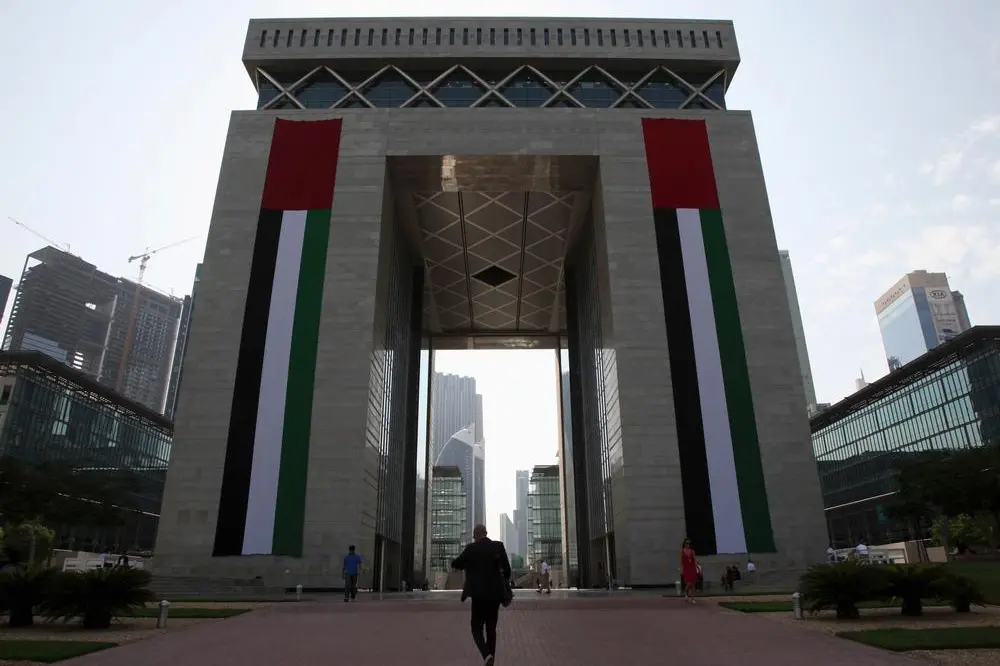PHOTO
Free zone authorities in the United Arab Emirates (UAE) will need to build higher-value networks to justify their higher expense as many of their regulatory and other benefits are stripped back, according to an expert.
Discussing a new report on Special Economic Zones published by consultancy firm Oliver Wyman earlier this month, partner Anush Vats told Zawya that many of the '40-plus' free zones in the country have been developed around advantages such as allowing 100 percent foreign ownership and exemption from certain labour laws, and focussed more on property than industry development.
"To be honest, my sense has always been that the UAE experiment started, quite rightly, by looking at the regulatory incentives, as most countries do, but then it got somewhat distracted into a real estate play," he said in a phone interview.
As a result, he added, some free zones are now "largely competing without relevance to industry".
This could become more of a problem for free zone operators as the government undertakes a series of reforms that reduce their competitive advantage. In recent months, the UAE government has announced proposals to allow 100 percent foreign ownership of companies in onshore (non-free zone) locations and to offer 10-year visas for certain classes of individuals, including entrepreneurs and innovators.
"Now you are starting to see the base economy compete, and the neighbouring economies are starting to replicate a lot of those early successful factors, they will have to do more," Vats said.
Craig Plumb, head of research at JLL Mena, told Zawya in an interview last week that space within free zones currently attracts a substantial rent premium over onshore locations.
"So if foreign companies can now set up in an onshore location, why would they pay the extra rent to go into a free zone?”
Plumb added that free zones will need to ensure that licences remain attractive among communities that are no longer a captive audience.
"In the past, if you were a healthcare company, you had to go to (Dubai) Healthcare City if you wanted to have 100 percent foreign ownership. If that no longer applies, what are they going to do to justify charging that extra rent?" he asked.
The Oliver Wyman report, Special Economic Zones As A Tool For Economic Development, warned policymakers from across the region against attempting to create new, high-value zones "without the underlying building blocks in place", pointing out that many successful SEZs started as manufacturing or service zones in the 1980s and had developed from there.
Logical logistics
Vats highlighted Jebel Ali Free Zone as “a brilliant example of a successful specialised zone, because they came in very, very clearly with a logistics mindset and they didn't get distracted into 'I can have ICT, I can have media, I can have pharmaceutical’.
“Cracking one sector is incredibly hard and it takes countries 20-30 years,” Vats said. “We see sometimes aspirations where people say they will go after 7-12 sectors in one go, and that's not easy.”
He cited King Abdullah Economic City (KAEC), the $100 billion project announced in 2005, as an example of a special economic zone where there were "six or seven sectors" targeted for investment, with one of these being data centres, but the only comparative advantage that could be offered would be access to subsidised electricity, which was unsustainable.
"In the hottest part of the world, putting a data centre together doesn't quite make sense," Vats said. "Unfortunately, a lot of these projects suffered from more aspirational and less objective thinking."
Similarly, he said that although the $10 billion King Abdullah Financial District (launched in 2006) was “a very beautiful city with great buildings and great infrastructure”, it lacked much of the "software" that had made Dubai International Financial Centre a success, such as a common law judiciary, incentives for investors and quality of life benefits.
"The software.... which is basically what makes these cities work, which is governance, incentives, the regulatory levers... if you don't go deep enough into a sector to understand what makes it tick...it unfortunately doesn't last," Vats said.
(Reporting by Michael Fahy; Editing by Shane McGinley)
(michael.fahy@thomsonreuters.com)
Our Standards: The Thomson Reuters Trust Principles
Disclaimer: This article is provided for informational purposes only. The content does not provide tax, legal or investment advice or opinion regarding the suitability, value or profitability of any particular security, portfolio or investment strategy. Read our full disclaimer policy here.
© ZAWYA 2018




















